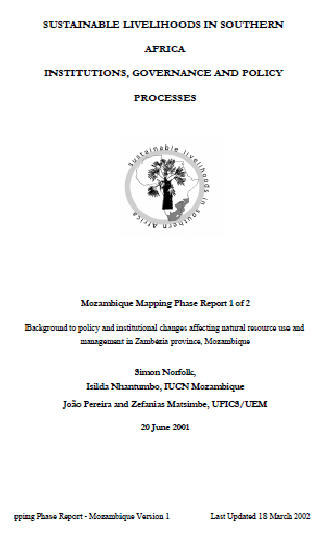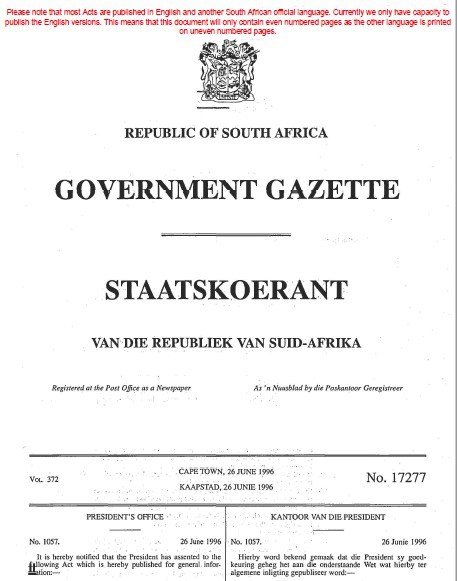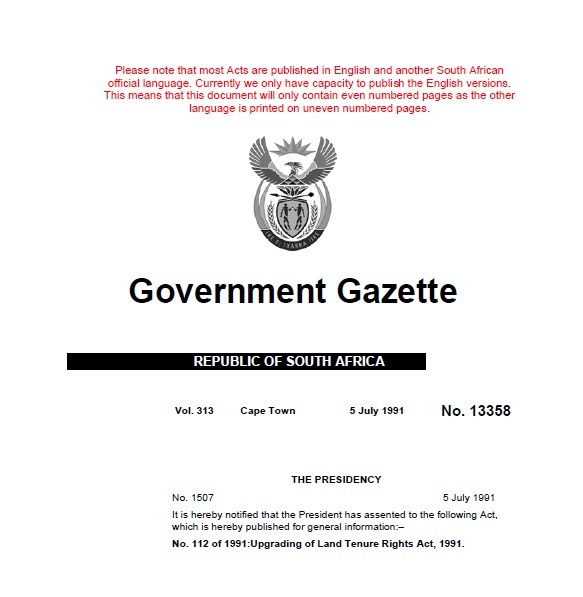Sustainable livehoods in Southern Africa
The concept of use and benefit from natural resources for local communities in Mozambique occupies a central position in the formal government vision for rural development and has been given prominence in the policies that govern access to land use rights and forest and wildlife resources. There are constitutional guarantees that recognise rights to land that have been acquired through occupation or inheritance through customary systems of allocation, and enabling legislation that permits the registration of these hitherto ‘informal’ rights.







